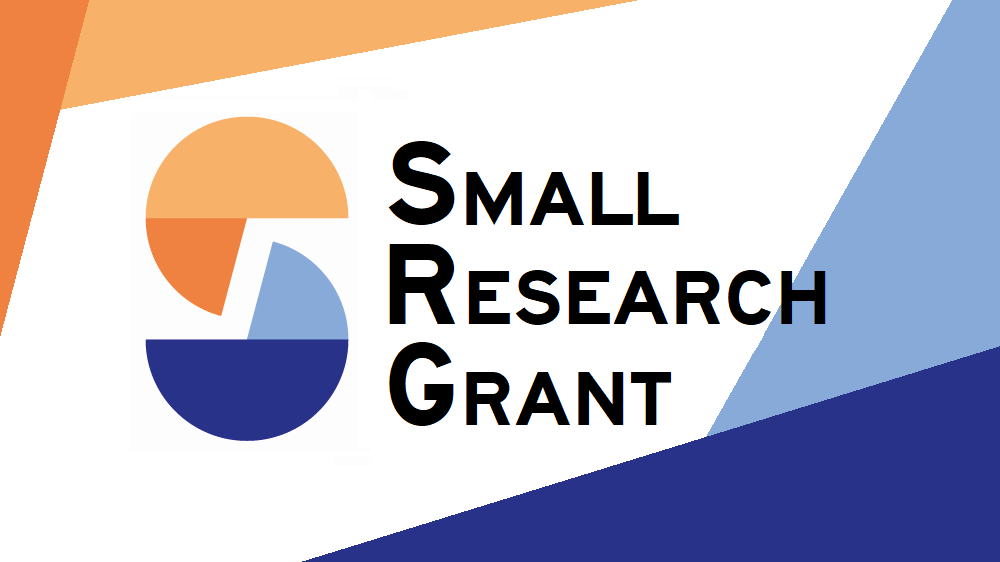As the frequency and intensity of extreme weather events increase globally, the livelihood of many communities is at risk, especially informal sector workers. According to the labour force survey, around 88% of total employment was in the informal sector in India, exposed to the adverse effects of increasing temperature, frequent and violent storms, and other extreme weather conditions. Developing countries, with fewer adaptive mechanisms, are disproportionately affected by climate change than developed nations. In many of these contexts, women are more vulnerable to the adverse effects of climate change than men for three primary reasons. First, women constitute most of the world’s poor people. Second, women are relatively immobile and more dependent for their livelihood on natural resources that are easily affected by climate change. Third, women face social, economic, and political barriers that limit their coping capacity. This project studies the impacts of extreme weather on the informal sector in India, with a focus on gender.
This study uses a large disaggregated firm-level administrative dataset from the Annual Survey of Industries in India to address two research questions: does climate change disproportionately affect female employment in Indian firms, and does climate change cause a heterogeneous effect on productivity for female and male employees across the firm-size distribution? The study empoloys flood and heat waves as two major climate change indicators to capture its impact on women employment and productivity differential on Indian firms. The applied econometric methodology are difference-in-difference and regression discontinuity techniques. To perform a deeper analysis, the project collects primary data from 300 formal and informal firms to evaluate the impact of climate change (floods) on firms’ performance in Bihar (treatment state) compared to Jharkhand (control state).
India is a patriarchal society with limited women empowerment policies. Moreover, the Indian economy is prone to climate change that disproportionately affects the livelihood of women. This study would suggest policies which could help the policymakers and the governments to reformulate appropriate industrial policies. It would also suggest how firms would manage to diversify the risk from climate change. Finally, the project would demonstrate the need for gender-inclusive policies in the informal sector. From the perspective of the academic literature, there are studies that investigate the effect of climate change on overall firm performance and the agriculture sector, however the studies on the impacts of climate change on the informal sector are scant. There are few if any studies that explore the impact of climate change on women’s employment in the informal sector.
































































